“Teach kids the importance of good manners with this friendly guide to politeness. Learn simple tips for being kind, respectful, and considerate every day.”
The art may seem like a big word to little ones, but politeness makes learning easy and fun for kids. Good manners help children feel confident and build strong relationships. Today, we’ll explore what politeness means, why it’s important, and how kids can use it in everyday life. Let’s take a look at this friendly and helpful guide made just for kids!
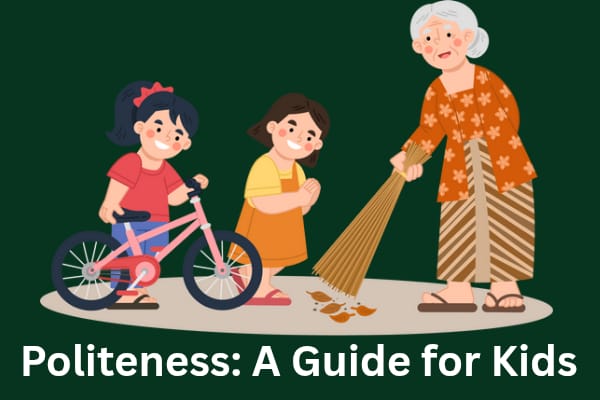
https://icarenest.com/politeness-a-guide-for-kids
What is politeness?
Politeness means showing respect and kindness to others. It’s about using kind words like “please,” “thank you,” and “excuse me.” Politeness helps everyone feel valued. In this guide, we’ll explain politeness in a way that children can understand.
Why is politeness important?
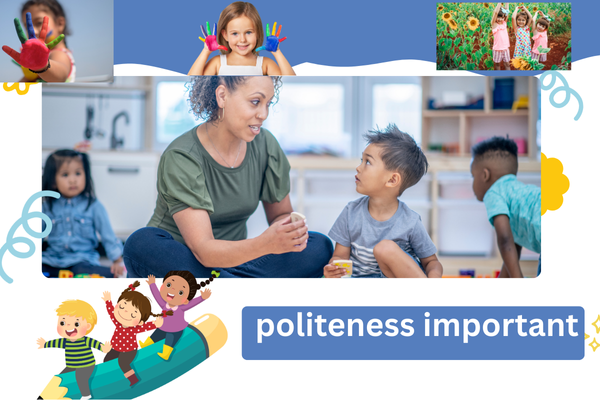
- Politeness helps children
- Children who are polite and courteous
- make friends more easily
- Solve problems without arguing
- Show kindness and respect
- Get along better at school and at home
According to the Very well family, politeness is linked to social success and emotional intelligence.
Table of Contents
1: Start with the words “please” and “thank you.”
The easiest way to build politeness is to teach children to say “please” when they ask for something and “thank you” when they receive it. These little words carry a lot of positive energy and encourage children.
Examples:
- “Can I have a cookie, please?”
- “Thank you for giving me a pencil!”
- “Thank you for helping me!”
2: Be a good listener

Politeness means listening attentively when someone else is talking. This means being a good listener. Encourage children to look at the person speaking and wait their turn.
Don’t interrupt
- Nod your head to show that you understand
- Let children speak first.
- Overcome any fears so that they don’t hesitate when speaking.
- Ask polite questions if something is unclear
3: Use kind words every day
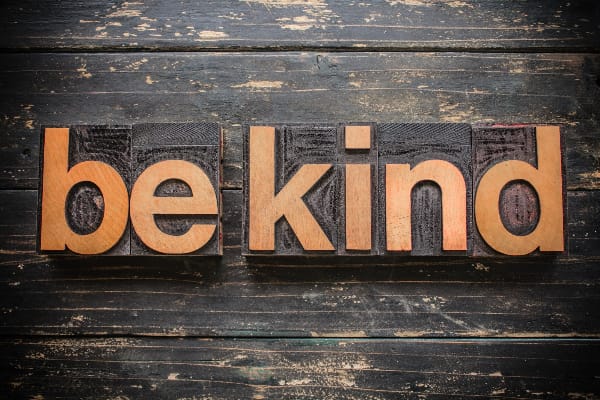
The root of politeness is kindness, humility, and calmness. Using kind words makes people feel appreciated.
Try saying:
- “I like your drawing.”
- “You are a very good child.”
- “You did a great job.”
- “Do you want to play with me?”
This is another effective way to instill politeness in young students.
4: Respect Personal Space
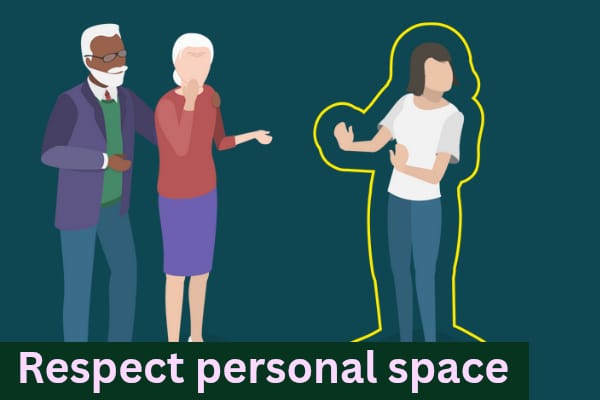
Teach children that being polite means understanding boundaries. Respecting personal space means not touching someone without permission and standing at a comfortable distance.
Respectful behavior includes:
Asking before hugging
Not grabbing toys without permission
Waiting your turn in line
5: Apologizing when necessary
No one is perfect! Everyone makes mistakes. A polite child knows how to apologize when they hurt someone or make a mistake.
How to apologize:
- “I’m sorry I bumped into you.”
- “I didn’t mean to break your toy.”
Apologizing helps build trust and shows that your child cares about others’ feelings—another key to fostering politeness.
6: Be polite online, too
In today’s world, children need to be polite online too. Whether they’re on a Zoom call or sending messages in the classroom, manners are still important.
Online politeness includes:
Saying “hello” and “bye” in chat
Not using all caps (it feels like shouting!)
Respecting the opinions of others
7: Practice makes perfect
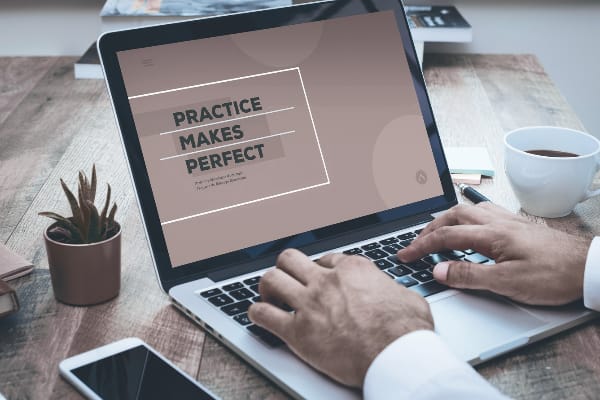
Children learn by doing. Practicing politeness every day makes it a natural part of life. Praise polite behavior when you see it. Encourage your child to be polite with their parents.
Role-play politeness
- Use stories that highlight polite behavior
- Reward kind behavior with a hug or high-five
- This practice helps make politeness real and fun, helping to unravel the mystery.
- Do fun activities to teach politeness
a) Politeness Bingo
Create a bingo card with polite behaviors like saying “thank you,” helping a friend, or waiting in line. Celebrate when your child completes a row! Encourage your child to be polite.
b) Storytime with Lessons
Choose books that highlight politeness, such as “Do unto Others” by Laurie Keller or “What If Everyone Did It?” by Ellen Javarnik.
c) Role-Playing
Act out different situations where children can demonstrate polite behavior. For example, asking for help or greeting the teacher. Respecting elders.
How Parents Can Help
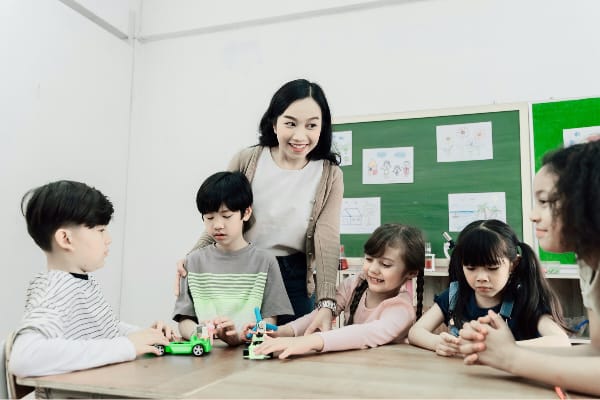
Parents and caregivers play a big role in developing good behavior. Children imitate what they see. Make it a habit for parents and caregivers to read books at home. When adults use polite language and behavior, children are more likely to follow suit.
Parenting Tips:
- Model polite behavior
- Correct rude behavior gently
- Make learning fun and positive
- For more parenting tips, watch PBS Parents.
- Internal Resources to Explore
- Raising Kind Kids: Top Tips Every Parent Should Know
- Fun Learning Games for Preschoolers
SEO: The phrases “teach politeness,” “education,” and “children” (“strong”).
Conclusion: Being Kind is Awesome
In the journey of growing up, kindness is a superpower. With these 7 tips, we’ve taken a big step towards instilling kindness in children. It’s not about being perfect—it’s about trying to be kind every day.
Encourage your child to be thoughtful, speak kindly, and respect others. Smile and talk to your children. Kindness will help them grow into confident and caring adults.
